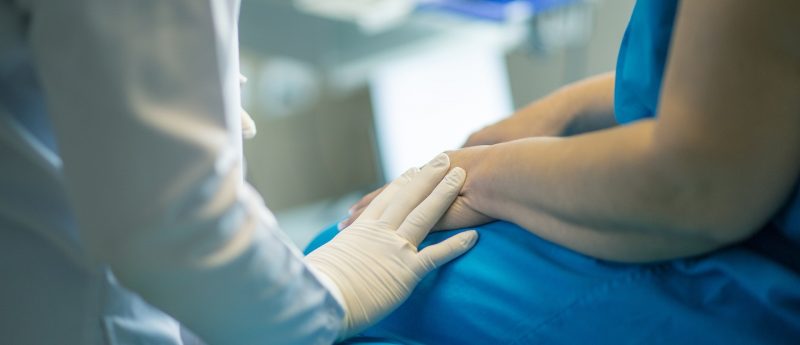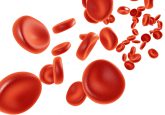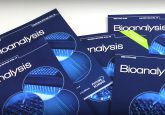New DESI–MS technique could improve thyroid cancer diagnosis

Researchers at the University of Texas at Austin (TX, USA) have reported a desorption electrospray ionization mass spectrometry (DESI–MS) based technique that could accurately identify malignant thyroid nodules. Current diagnostic techniques can be inconclusive and uncertainty in the clinic sometimes leads to unnecessary surgical intervention.
Approximately 52,000 new cases of thyroid cancer are diagnosed in the US annually. The current diagnostic technique, fine needle aspiration (FNA), is only conclusive approximately four out of five times. Although subsequent genomic approaches to characterize the malignant potential of nodules originally appeared hopeful, they have provided only a marginal improvement in diagnosis accuracy.
Due to this diagnostic uncertainty it is often recommended to surgically remove part or all of the thyroid. It is not uncommon for patients to later learn that surgical intervention was unnecessary. Livia Eberlin, co-principal investigator (University of Texas at Austin) explained: “If we could prevent people from having surgery they don’t need and enable them to have a more precise diagnosis, we can improve treatment for patients and lower costs for the health care system.”
The study, published in Proceedings of the National Academy of Sciences, details the use of DESI–MS to directly analyze and diagnose follicular cell-derived neoplasia tissues and FNA biopsies.
The scientists used DESI–MS to analyze 178 tissue samples to develop molecular signatures of benign follicular adenoma, malignant follicular carcinoma and papillary carcinoma thyroid tissues. With these molecular signatures, the team built and validated statistical classifiers using 114,125 mass spectra. The study reports that the new DESI–MS based metabolic thyroid test achieved accuracy levels of 93% and 89% when predicting the FNA test set and returned a false positive one time in ten.
Although more validation is required for the test to reach the clinic, James Suliburk, co-principal investigator (Ben Taub Hospital; TX, USA) explained: “With this next generation test, we can provide thyroid cancer diagnoses faster and with more precision than current techniques – this will be the new state of the art.”
Preparation has begun for a 2-year study on FNA biopsies from approximately 1000 new patients. The team hope that the results will allow the new DESI–MS based technique to be validated and subsequently translated to the clinic.
Sources: DeHoog RJ, Zhang J, Alore E et al. Preoperative metabolic classification of thyroid nodules using mass spectrometry imaging of fine-needle aspiration biopsies. PNAS. doi:10.1073/pnas.1911333116 (2019)(Epub ahead of print); www.eurekalert.org/pub_releases/2019-10/uota-ntf100219.php





